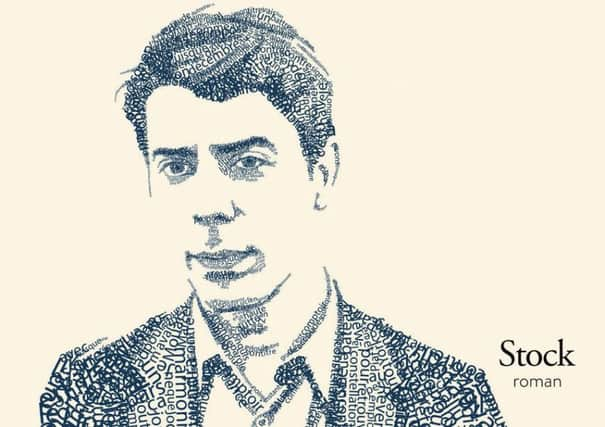Retellnig the aircraft tragedy of Edith Piaf's lover


And if the author says it’s a novel, well, then it must be one, in this case a fictionalised account of a real event – the air disaster of 27 October 1949 when an Air France plane, a Lockheed Constellation flying from Paris to New York, crashed into a mountainside in the Azores, killing all 48 passengers and crew.
Among the deceased were Edith Piaf’s lover, the boxer Marcel Cerdan; the violin virtuoso Ginette Neveu; Kay Kamen, the man who sold Walt Disney on the idea of merchandising; five Basque shepherds emigrating to America; and a poor textile worker called Amelie Ringler, on the way to claim a life-changing inheritance. Bosc tells us their stories in turn, bringing them vividly to life as he does so, yet it’s difficult to think of any instances in which the author has attempted to imagine their inner lives.
Advertisement
Hide AdAdvertisement
Hide AdFor a novel, then, Constellation has a good deal in common with literary non-fiction, not only in its refusal to “slip into the victims’ clothes” but also the way in which the author inserts his own first person accounts of researching the book into the narrative. Towards the end, for example, we hear about his “inevitable” pilgrimage to the crash site, where there is “a stone erected by the inhabitants of the [nearby] village in honour of the 48 victims of Air France’s F-BAZN”. Furthermore, there is an attention to detail in the writing – dates, times, altitudes and airspeeds are always meticulously recorded.
The way in which Bosc has “fictionalised” the events, then, is not so much an act of imaginative writing as an act of imaginative editing, a process of carefully assembling thousands of fragments of information to create a composite image that is almost entirely derivative and yet at the at same time entirely original.